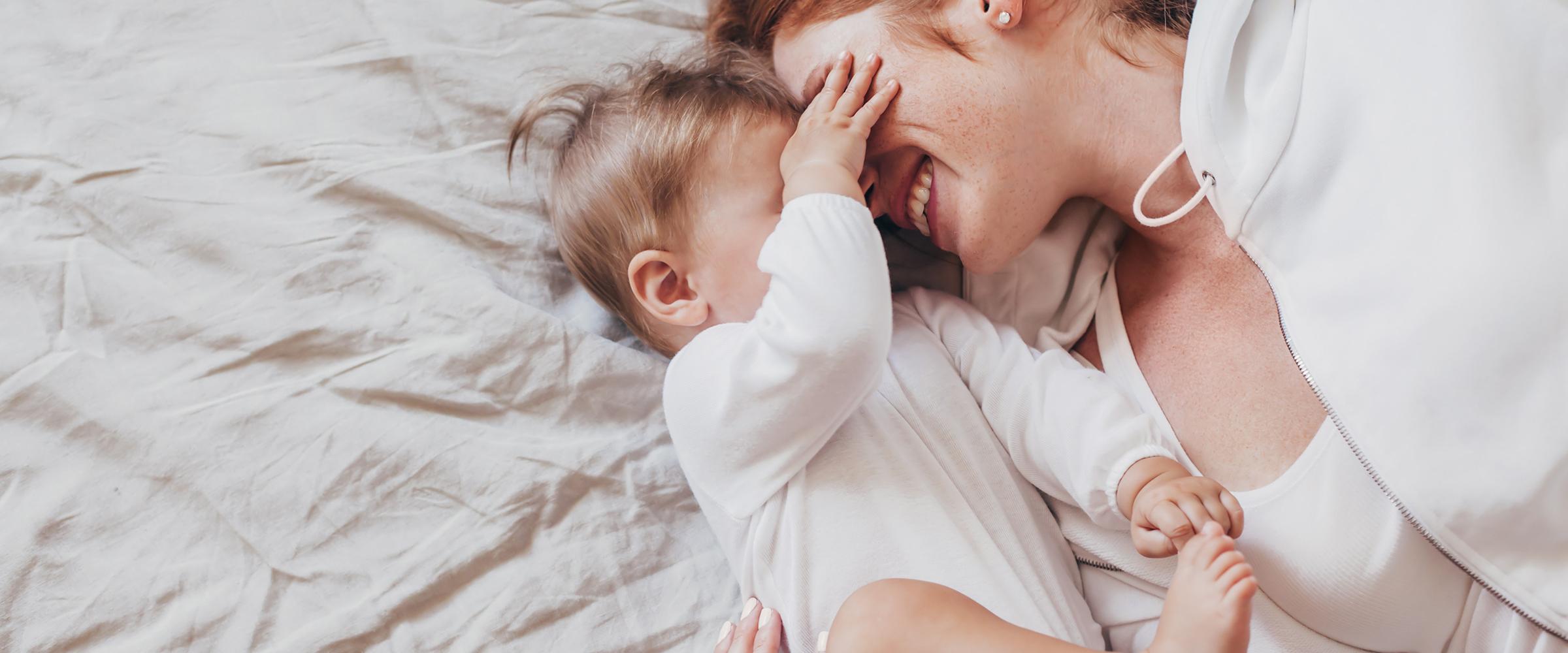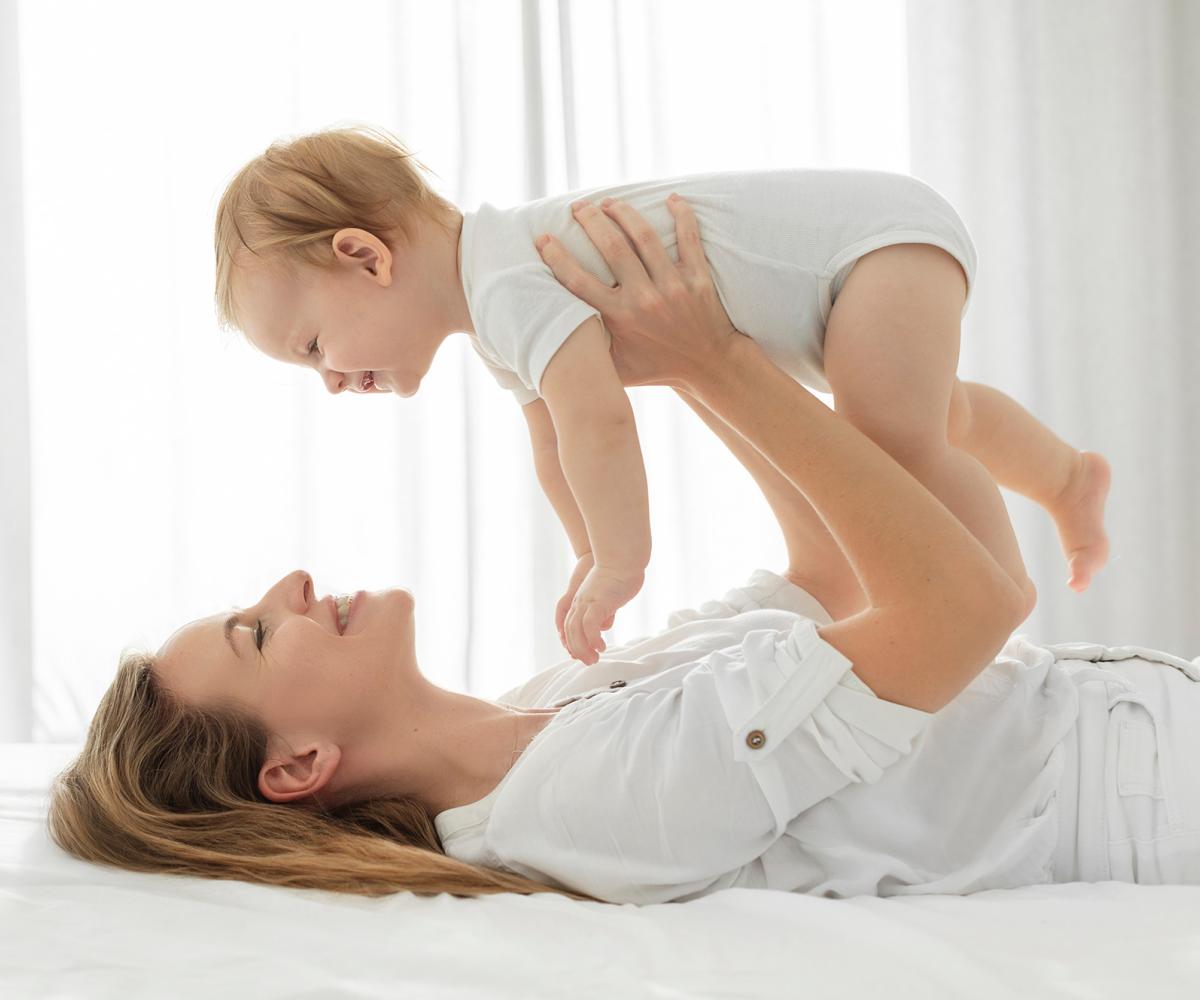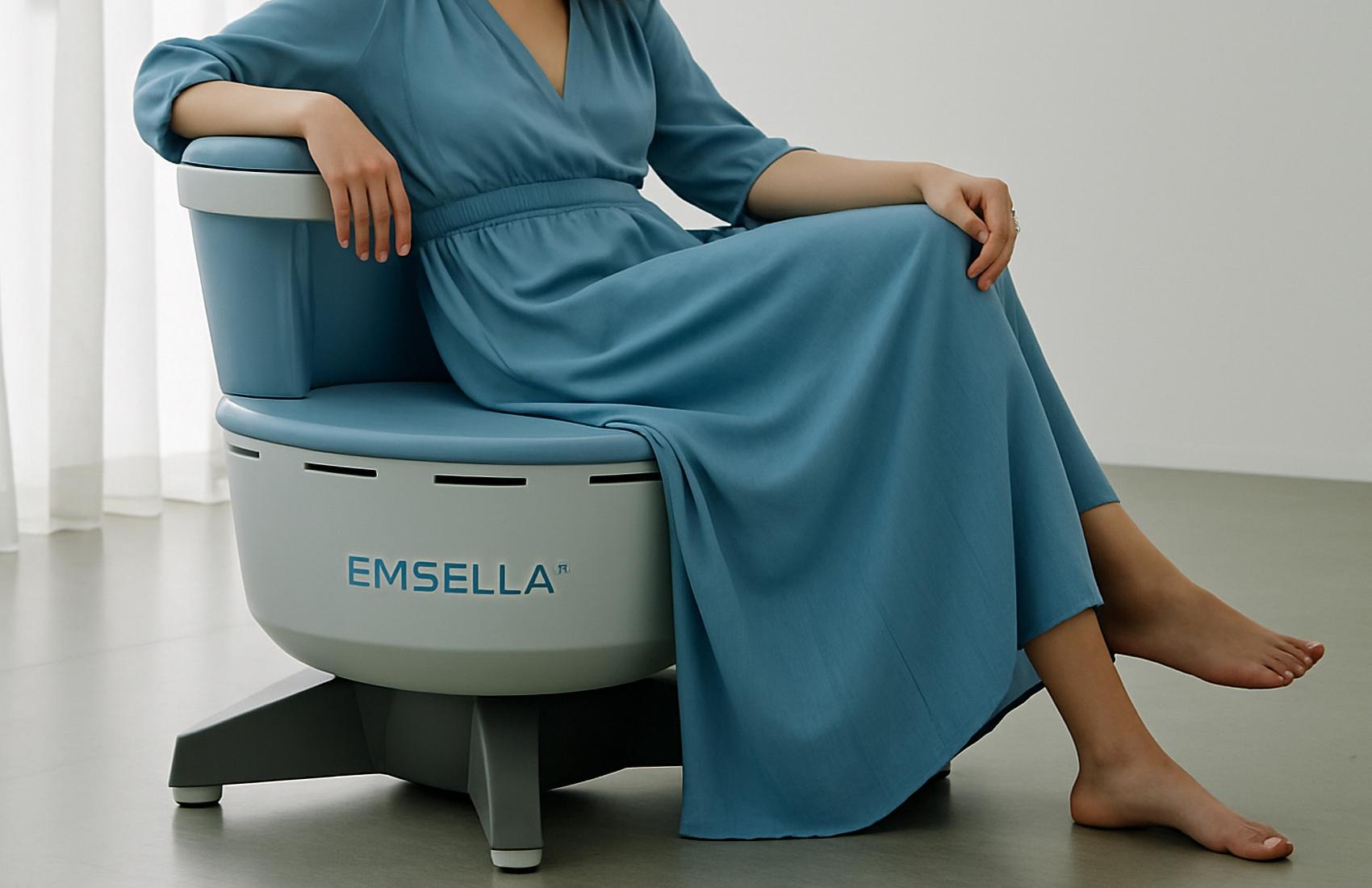Post Natal Incontinence
Pregnancy and childbirth bring incredible changes—but they can also take a toll on your body. From hormone shifts to stretched pelvic floor muscles, many women experience issues like incontinence or bladder leaks, both during and after pregnancy.
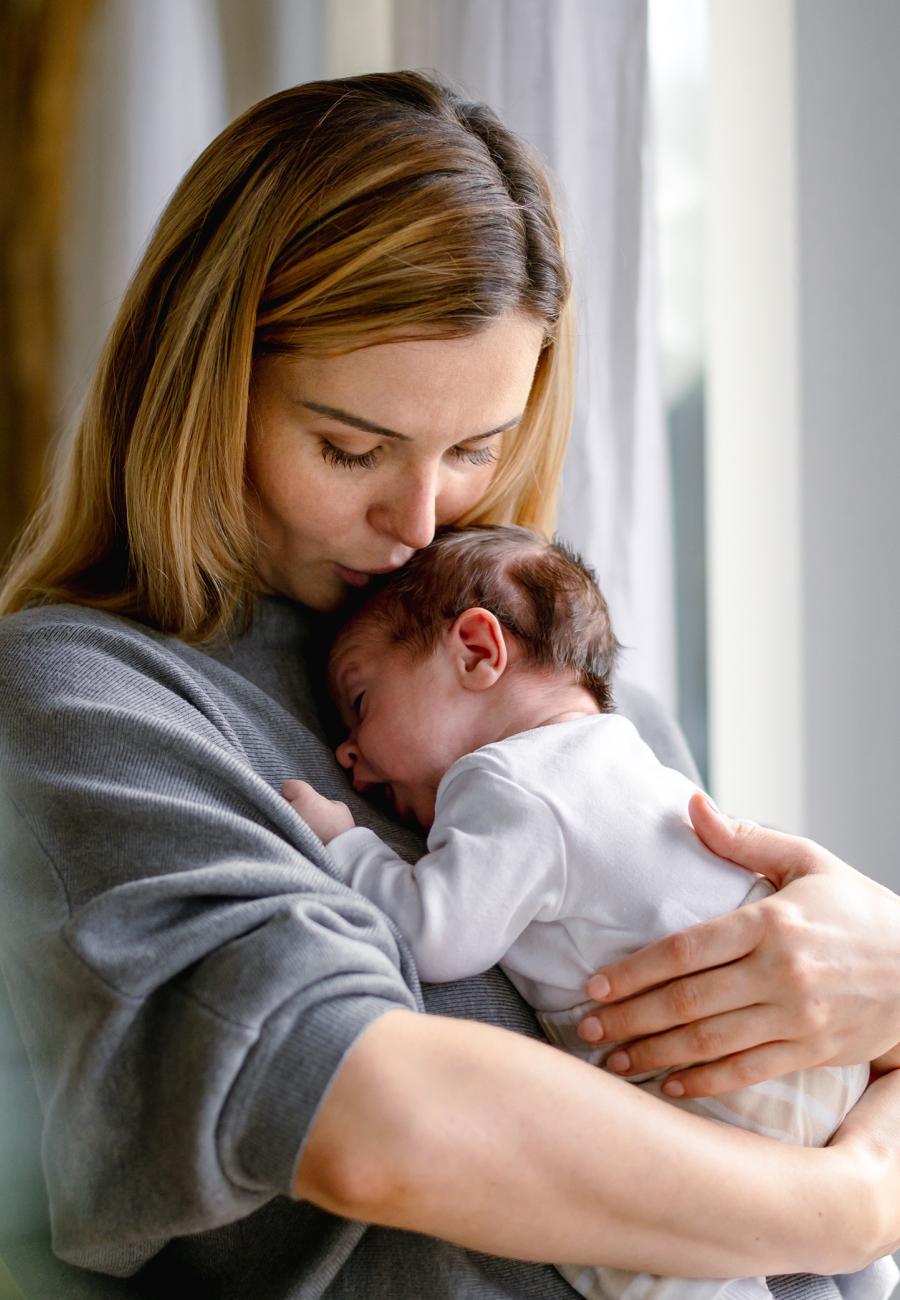
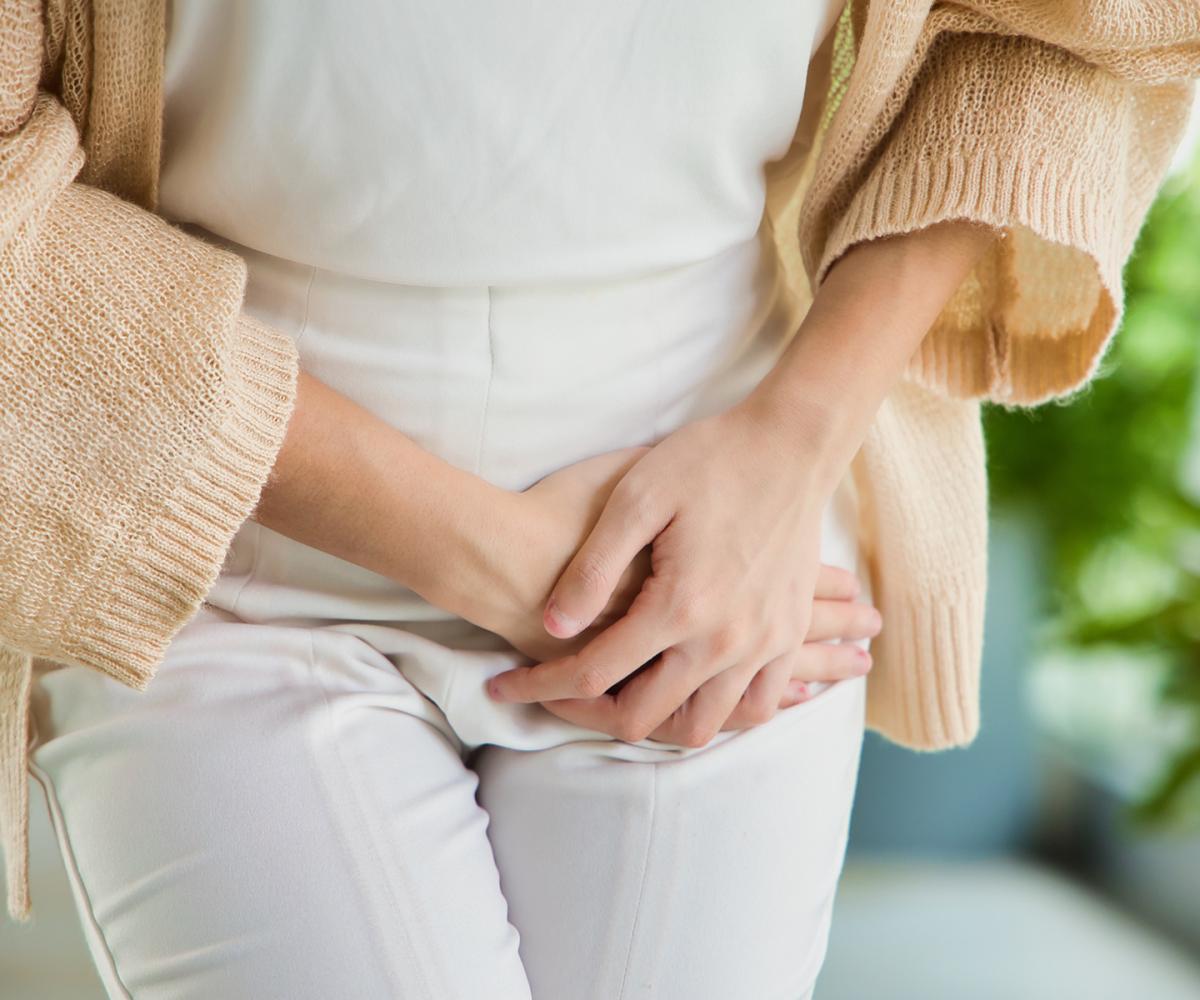
The effects of childbirth on the body.
The effects that pregnancy and childbirth can have on the body are varied and can have a huge impact on your life, both while you’re pregnant and after you’ve given birth. These changes range from weight gain and changes to your body shape, to psychological differences and changes in the thyroid, skin and hair. For example, different areas of the brain actually grow and shrink during pregnancy and childbirth, and many women find they have skin breakouts after giving birth because of the dramatic changes in hormone levels! Pregnancy and childbirth affect everyone differently, but the vast majority of women will experience incontinence or urinary leakage to some degree during pregnancy or after childbirth.
During pregnancy, the weight of the baby pressing on the bladder can actually disrupt the way your bladder and pelvic floor muscles (which are the muscles responsible for holding and controlling the uterus and urethra) usually work, leading to symptoms of stress incontinence. Vaginal birth can also affect the pelvic floor muscles, due to the strain it puts on the pelvic floor. Vaginal birth can weaken these muscles, making difficulty holding your bladder or some level of leakage much more likely. You’re not alone though, as an estimated half of women experience changes in continence after childbirth.
Pregnancy and childbirth can also cause damage to the nerves controlling the bladder or displacement of the bladder and urethra, and having an episiotomy during labour can also contribute to incontinence and leakage among postnatal women.

